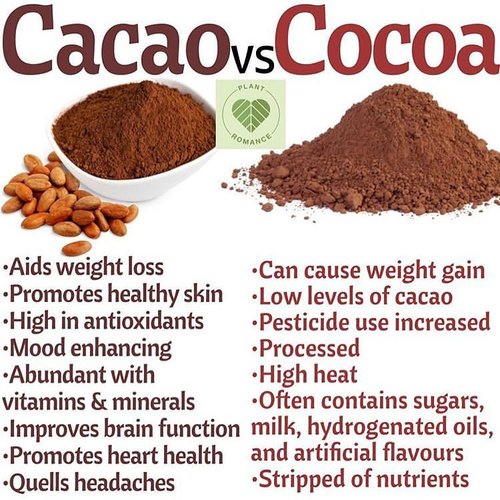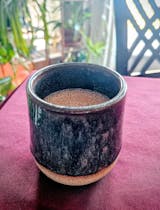Our rewards program works both on our website and at any in-person vending location where you see us.
To earn points when you purchase online, click the Gift Box icon on mobile (or Rewards button on desktop) in the lower left corner of the website or app (see screenshot below), and register or login. *NOTE: If you have already created a customer account on our website, make sure to use the same email address since orders and points use the same account info.
When you purchase, points will automatically be stored with your account. *NOTE: Purchases of physical products and prepared cacao drinks are eligible to earn reward points, but not events, tours, retreats, etc.
Points can also be earned from initial registration, entering your birthday (at least 30 days before the day), and a few other ways.
You can click that same button in the future to check your point balance and redeem value for a discount on a purchase.
As of April 14, 2025, every $1 you spend on eligible purchases "earns" 3 reward points.
To redeem your points (i.e., "spend" them), 100 points can be redeemed for a $1 USD discount towards a purchase. And rewards must be redeemed in 100-point increments.
So it's currently a 3% "payback"!
For example, if you have 615 points, you can redeem up to 600 points, which would get you a $6 discount.
Use the slide bar in the rewards widget to choose how many points you want to redeem and then the app gives you a coupon code to use at checkout. Then you'll enter that coupon code in the box with that label on the last checkout page where you enter your payment info.
After completing your purchase, the points are automatically subtracted from your rewards account.
*NOTE: Points have no cash value, are nontransferrable, and they expire after 6 months of inactivity (i.e., if you don't use points within 6 months of earning them). If you earn new points within that time period, the expiration on all your points gets extended for 6 more months. The terms of the rewards program are subject to change at any time.
![2023 rewards button]()











